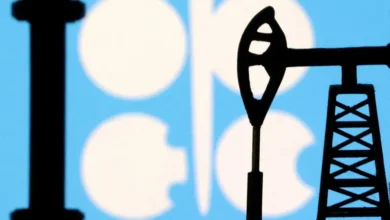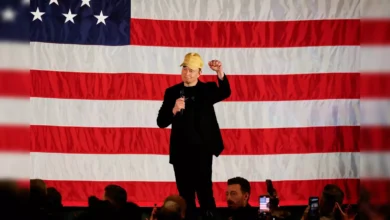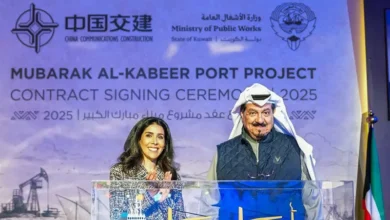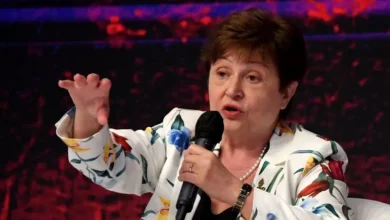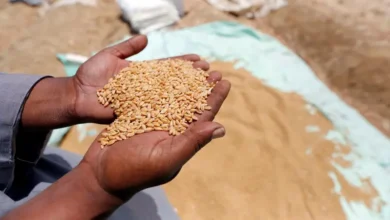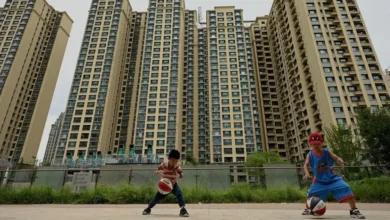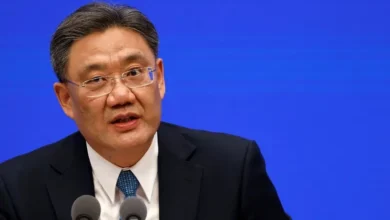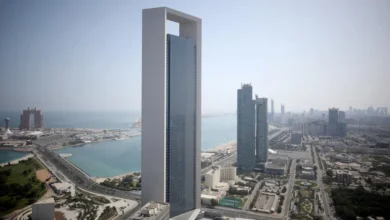European leaders risk voter backlash over crushing energy policies, warns Eni CEO

In a candid interview , Eni CEO Claudio Descalzi delivered a searing critique of European energy policies, which he argued are inflating costs, crippling competitiveness, and ultimately, threatening livelihoods.
Descalzi’s warning suggests a brewing electoral storm as frustrated voters could oust leaders who fail to pivot from what he describes as ideological to pragmatic energy strategies.
“If you are not able to do the right thing for people, people are going to change us,” Descalzi asserted, forecasting the potential backlash to energy costs two to three times higher than the US and the resulting, diminishing industrial competitiveness.
The CEO of the Italian energy giant noted how vital industries might relocate to more economically favorable environments like the US or China.
Energy demand was outstripping supply, and there was not sufficient investment in the upstream discovery of fossil fuels, he argued.
Geopolitical tensions in the Middle East were inflating prices also, he noted.
Descalzi pointed to AI data centers, which consume more electricity than entire nations of almost 200 million people such as Nigeria, as significant new sources of demand, alongside population growth.
“They [politicians] talk more about how to regulate [AI], which kind of policy, which kind of consequences.” Descalzi said.
“The energy aspect is not really being touched, and that is a big point, because that is going to they need a huge amount of energy,” he added.
In a particularly biting comment, Descalzi contrasted European policy-making with that of the US and UK, praising the latter for practical approaches to energy and regulation.
“Europe is really not based on pragmatism. We are not like the UK and the US; maybe in the north. Policy comes before thinking about industry,” he said.
He further mocked a European tendency towards over-regulation and philosophical debates: “We are artists etc. We love to talk; we are poets and writers,” he jibed.
The European approach to renewables had become ideologically driven rather than pragmatic and technologically inclusive, he argued.
A balanced energy strategy that includes nuclear power and carbon capture, which he says considers both cost and demand while keeping existing infrastructure operational, would be important, alongside policies that reflect actual demand rather than idealistic supply targets.
“We don’t have enough money to follow mono-dimensional dreams. That’s not easy to achieve,” he said.
Descalzi offered a detailed perspective on the protracted nature of energy transitions. “For coal, it took 60 years to reach more or less 50 percent gas in 80 years, reached 23 percent oil reached in the same period 60-70 years, 40 percent of the market.”
Descalzi highlighted that these were expansions, not replacements like the green energy transition.
In a rallying call to European policymakers, Descalzi advocated for leadership that would allow Europe to remain industrially viable and environmentally responsible without sacrificing economic growth.
“The European community, they need to progress without dogmatism, without ideology,” he said, noting “Leadership and pragmatism is the solution.”

